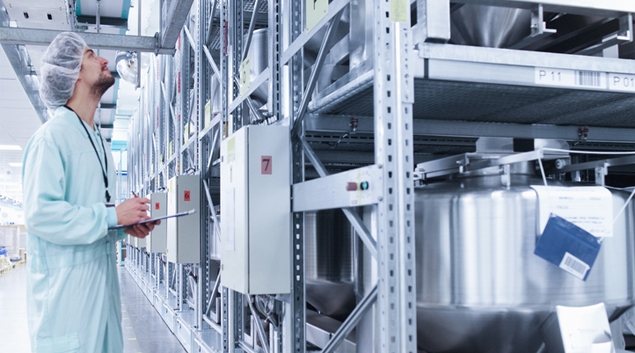
A medical device excise tax, which was passed as part of the Affordable Care Act and implemented in 2013, has been under moratorium for a number of years and medical device manufacturers are celebrating its permanent repeal, as the Senate voted today on Congress’ 2020 spending package.
The medical technology industry has long rooted for the demise of the 2.3% tax on gross sales of medical devices. That demise came one step closer to fruition on Wednesday when the House approved the measure as part of the broader package, and now with the Senate’s blessing, it awaits the pen of President Trump.
According to Deborah Gordon, a managing director at KPMG, medical device companies are much happier not having to pay the tax. A two-year moratorium on the tax went into effect on January 1, 2016, and was then renewed two weeks into 2018 and applied retroactively, meaning it has effectively been four years since the industry has been subject to the tax.
“It’s never been a popular tax in this industry,” said Gordon. “The tax was paid quarterly, and deposits were required semi-monthly. What device manufacturers have said is that it cuts against their bottom line, and they hadn’t been able to use that money for other purposes, like research and development and innovation.”
BIPARTISAN SUPPORT
Small and mid-sized companies were particularly affected by the tax since it was based on sales, not profits. Companies weighed down by debt were especially vulnerable.
The measure is one of the few issues before Congress to garner broad bipartisan support. Republicans don’t like the tax, while the repeal has support from Democrats in states where the medical device industry has a strong presence, such as California, Massachusetts, Minnesota and New Jersey.
“For it to have made it into the House bill as a full repeal, I think that’s pretty significant,” said Gordon. “I know it has bipartisan support in the Senate. Senators from the medical device states like Massachusetts and Minnesota have been opposed to the tax for many years.”
Gordon has seen manufacturers put new products online and change their distribution strategies since the excise tax’s moratorium has been in effect, and many had been re-examining these strategies in the event repeal failed and the tax re-implemented.
In a scenario in which the tax had gone back into effect, initial deposits would have been due by January 29. Companies had been looking to technology to comply with the tax on sales to devices, since the tax is due on each device that is sold.
Medical Alley, a trade group representing a significant chunk of MInnesota’s medical technology industry, said in a press release in April that the excise tax has a downstream impact on the entire medtech innovation ecosystem.
“Minimally-invasive procedures, more accurate diagnostics and reductions in both total hospitalizations and length of stay are just some of the positive impacts patients have seen thanks to innovations in medical devices,” the company wrote. “Taxing the development and manufacture of these technologies imposes unnecessary penalties on them and diminishes the cost savings they otherwise would have produced.”
Twitter: @JELagasse
Email the writer: jeff.lagasse@himssmedia.com
